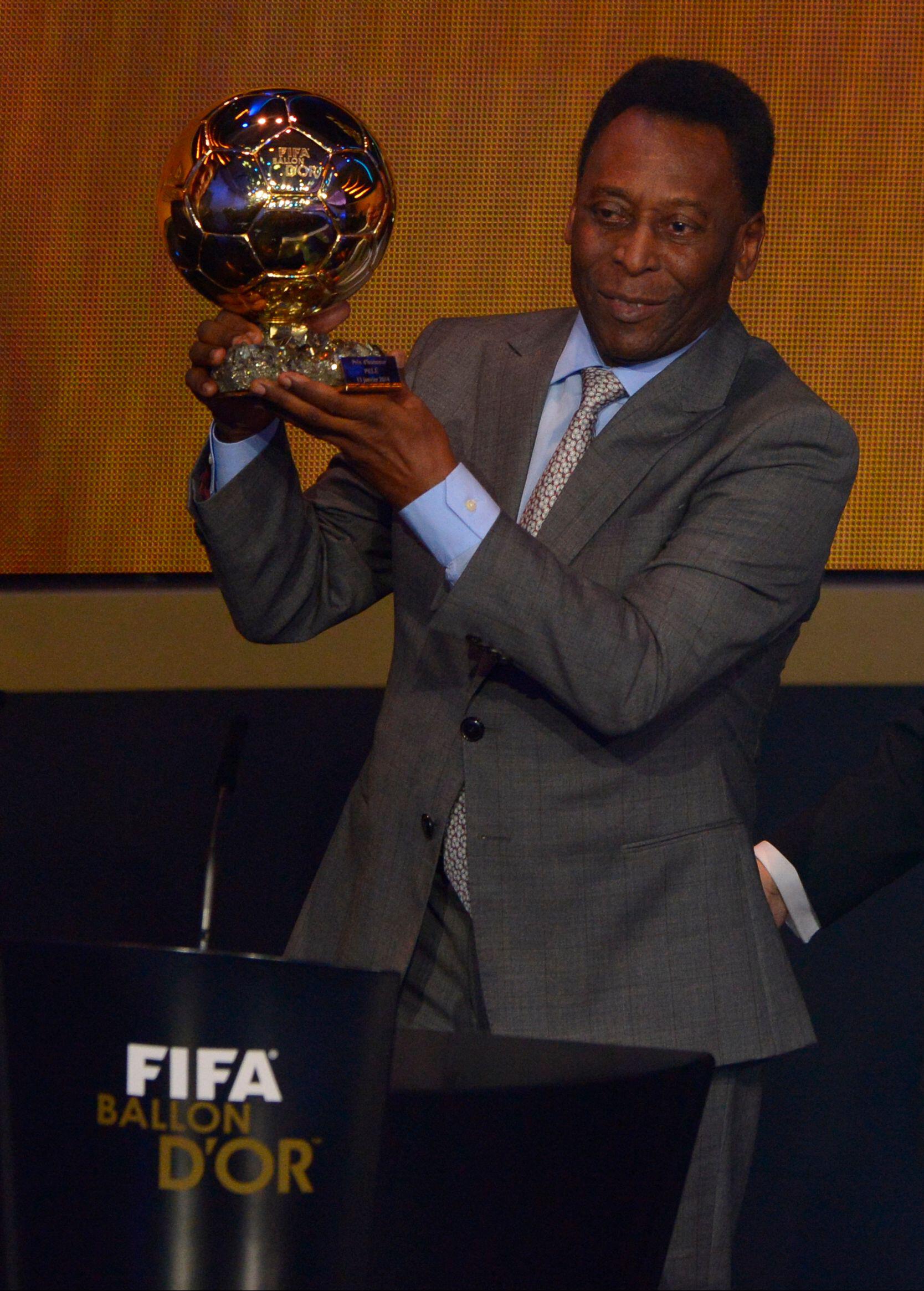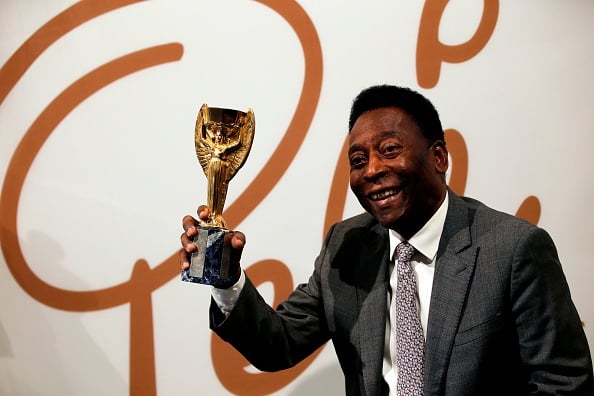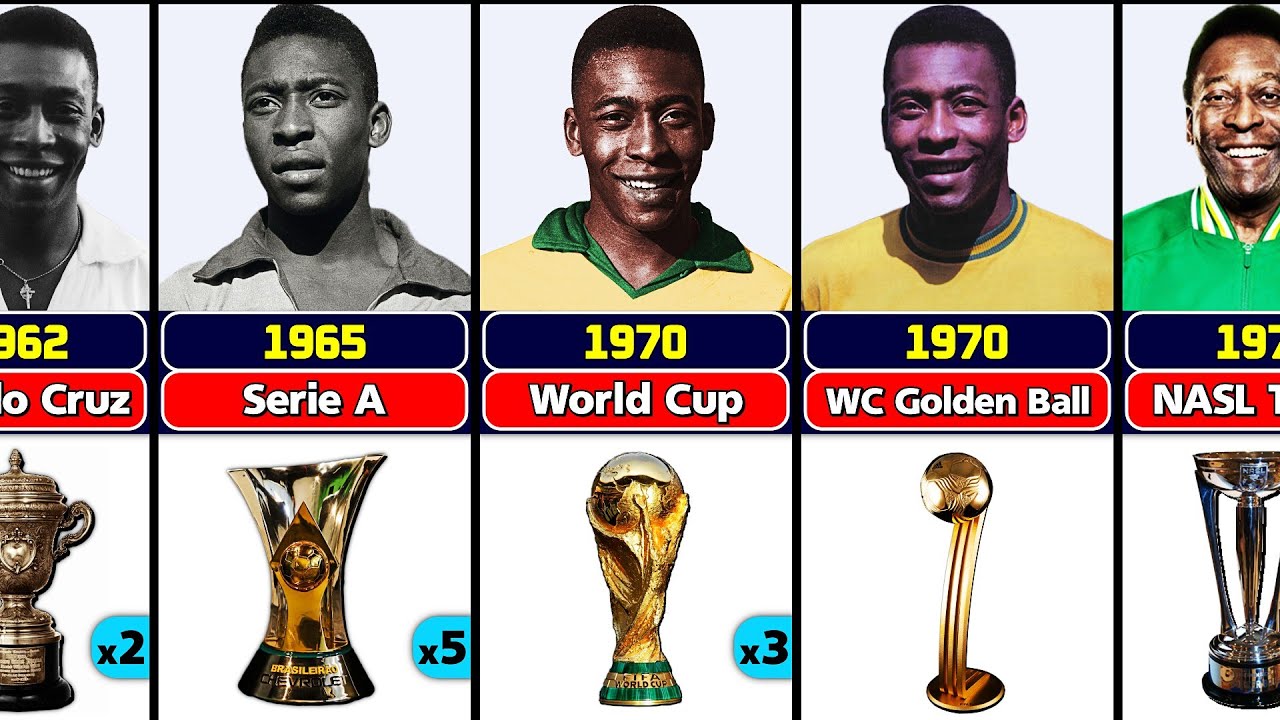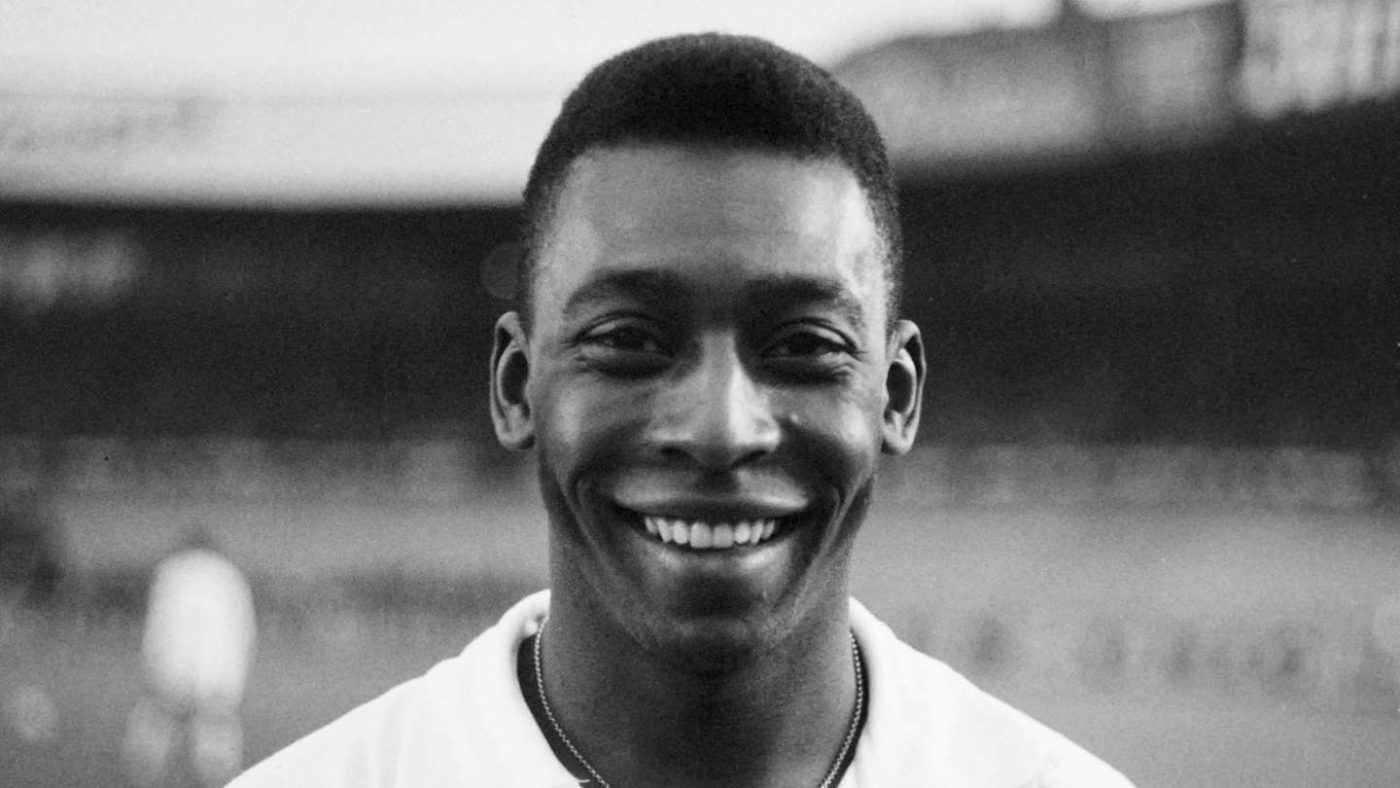Sport News
Pele and the Ballon d’Or: Unpacking the Legend’s Unofficial Triumphs
The name Pelé resonates through the annals of football history, a titan whose influence transcended the sport itself. Widely regarded as the greatest player of all time, the Brazilian maestro captivated audiences with his electrifying skill, leading his nation to an unprecedented three World Cup titles. Yet, despite his unparalleled dominance and global superstardom, a curious anomaly often sparks debate among fans and pundits: Pelé never officially won the Ballon d’Or. How can a player of such monumental stature be absent from the official roll of honour for football’s most prestigious individual award?

Pelé: A Global Icon Who Redefined Football
Pelé burst onto the scene as a prodigious 17-year-old at the 1958 World Cup, a tournament that would forever change his life and the landscape of football. His sensational performances, including a hat-trick in the semi-final and a brace in the final, propelled Brazil to their first-ever World Cup triumph. This victory marked the beginning of an era of unprecedented success for both Pelé and the Brazilian national team. He would go on to lift the coveted trophy again in 1962 and 1970, becoming the heartbeat of what many consider the greatest international side in history.
Millions around the globe were spellbound by his samba-infused skills, a blend of flair, imagination, and clinical precision that the sport had never witnessed before. His brilliance wasn’t confined to the international stage; with his club Santos, Pelé scored nearly 650 goals and amassed a staggering collection of trophies. Santos, eager to showcase their prized asset, embarked on global tours, akin to football’s version of the Harlem Globetrotters, allowing fans from every corner of the world to witness their superstar in action.

The Ballon d’Or’s Historical Exclusivity
Given Pelé’s unparalleled success and global fame, it seems almost inconceivable that he never clinched the Ballon d’Or. The reason, however, lies in the award’s original criteria. When the Ballon d’Or was first introduced in 1956, it was known as the European Footballer of the Year, making only players from Europe eligible for the prestigious honour.
This restrictive rule remained in place for decades. It wasn’t until 1995 that the criteria expanded to include non-European players who were plying their trade for European clubs. Finally, in 2007, the Ballon d’Or evolved into a truly global prize, open to any professional footballer, regardless of their nationality or the league they played in.
Throughout Pelé’s illustrious career, which he spent almost exclusively with Santos in Brazil, he was simply ineligible for the award. His monumental achievements on the world stage, therefore, went unrecognised by the Ballon d’Or committee at the time.

France Football’s Retroactive Recognition: A Symbolic Acknowledgment
While Pelé’s name may not appear on the official Ballon d’Or list, there has been a powerful symbolic acknowledgment of his historical dominance. In 2016, to commemorate the 60th anniversary of the award, France Football magazine, the creators of the Ballon d’Or, published a re-evaluation of its history. This special edition, titled “Le nouveau palmarès” (The new prize list), revisited the years prior to 1995 when only European players were eligible.
In this revised, internationalised list, Pelé was retroactively awarded the Ballon d’Or an astonishing seven times. These symbolic awards were for the years 1958, 1959, 1960, 1961, 1963, 1964, and 1970. In this re-evaluation, he replaced legendary figures such as Raymond Kopa, Alfredo Di Stéfano, Luis Suárez, Omar Sívori, Lev Yashin, Denis Law, and Gerd Müller as the rightful recipients for those years.

Though these retroactive awards do not officially alter the historical records, they serve as a profound testament to Pelé’s unparalleled brilliance and his undeniable status as the premier player of his era. It is a powerful acknowledgment from the very institution behind the award that, had the rules been different, Pelé would have been adorned with football’s most coveted individual prize on multiple occasions, solidifying his legacy even further.
